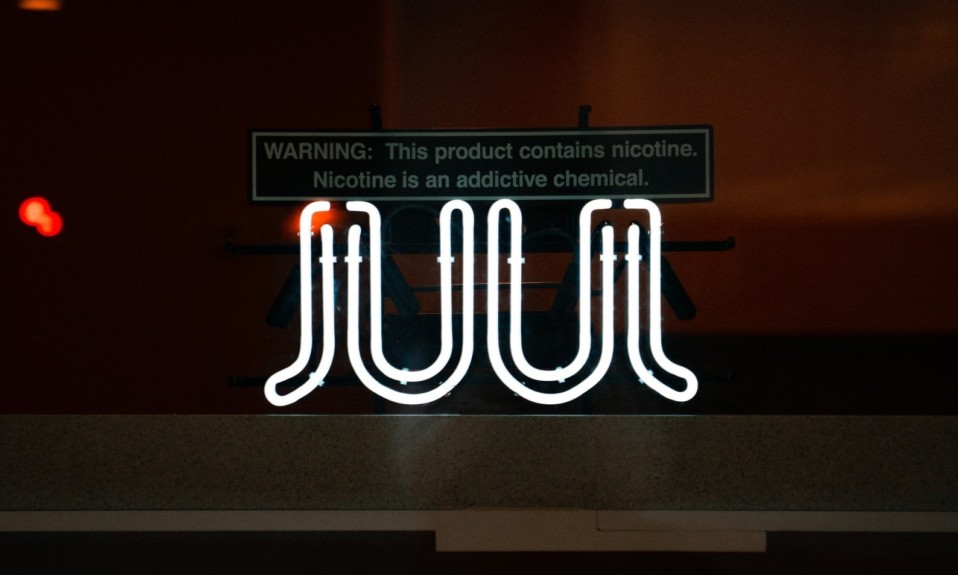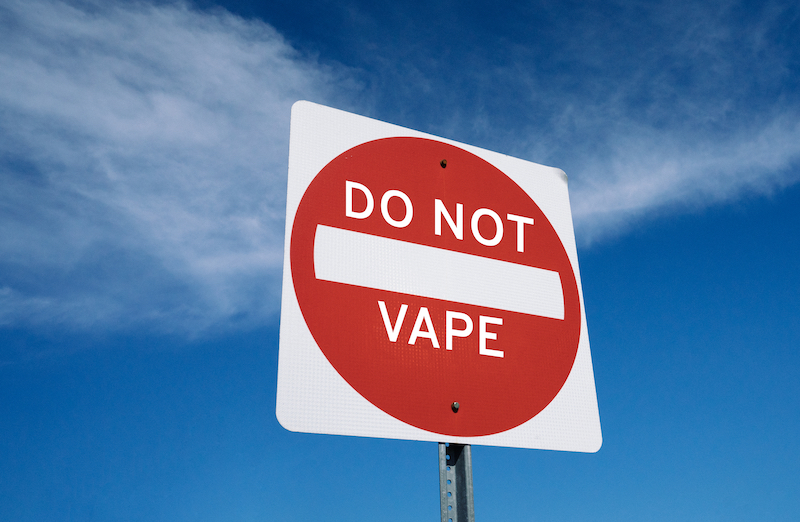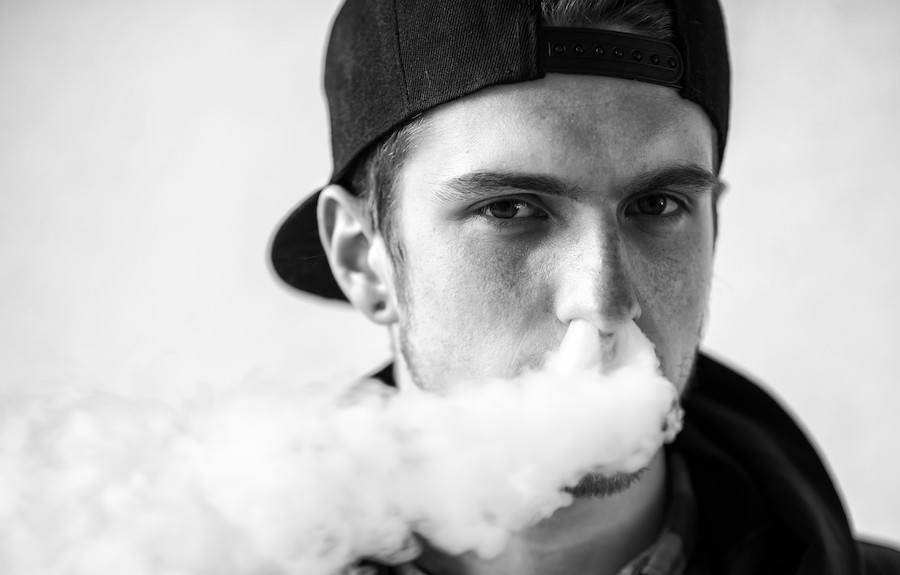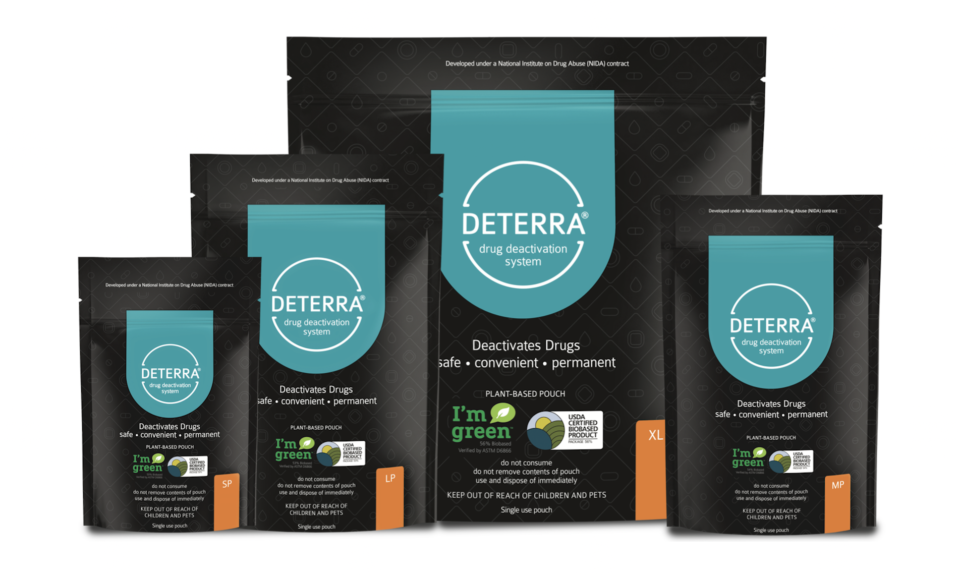A $40 million settlement with the state of North Carolina might be a sign of more pushback against the vape manufacturer
By Jason Langendorf
Juul Labs, a leading manufacturer of e-cigarette and vaping products, last week reached a $40 million settlement with the state of North Carolina that figures to have enormous implications for the future of the company, and possibly for tobacco alternatives in general.
For years, Juul targeted young people, including teens, with highly addictive e-cigarettes. It lit the spark and fanned the flames of a vaping epidemic among our children—one that you can see in any high school in North Carolina.”—North Carolina attorney general Josh Stein
The lawsuit, which claimed that Juul targeted its marketing efforts at teenagers and fueled a new addiction crisis, was settled before moving to a jury trial. But the company still faces more than a dozen similar suits brought by states and a multidistrict group of plaintiffs including cities, counties, school districts and others.
“For years, Juul targeted young people, including teens, with highly addictive e-cigarettes,” North Carolina attorney general Josh Stein said in a statement announcing the settlement. “It lit the spark and fanned the flames of a vaping epidemic among our children—one that you can see in any high school in North Carolina.”
E-cigarettes have been the most commonly used tobacco-type product among youth since 2014, according to the Centers for Disease Control and Prevention (CDC), and in 2018 the Food and Drug Administration (FDA) and U.S. Surgeon General declared an “epidemic” of teen vaping. By 2020, according to the CDC, nearly 1 in 5 high school students reported having used e-cigarettes in the previous 30 days.
An Argument for E-Cigarettes
Most e-cigarettes contain fewer toxic chemicals than do traditional cigarettes, and recent independent research suggests that they may be useful as a harm reduction tool for adult smokers.
This settlement is consistent with our ongoing effort to reset our company and its relationship with our stakeholders, as we continue to combat underage usage and advance the opportunity for harm reduction for adult smokers.”—Juul spokesperson Joshua Raffel
After the agreement was reached with North Carolina, Juul released a statement through company spokesperson Joshua Raffel: “This settlement is consistent with our ongoing effort to reset our company and its relationship with our stakeholders, as we continue to combat underage usage and advance the opportunity for harm reduction for adult smokers.”
Juul has long held publicly that e-cigarettes and vaping are intended for adults, and that the company has been an active partner in keeping its products out of the hands of young people. In a July 2018 statement responding to Massachusetts attorney general Maura Healey, the first AG to open an investigation into Juul Labs, the company claimed that “we have never marketed to anyone underage.” As part of the North Carolina settlement, Juul was not required to admit to the suit’s allegations.
Some aren’t convinced. E-cig and vape products from Juul and other manufacturers frequently feature flavors that, critics claim, are clearly aimed at attracting a younger crowd. And as The New York Times reported last week, “Juul’s sleek high-tech-looking device, advertised in its 2015 launch with young, hip-looking people on billboards and in social media, quickly caught on with teenagers and young adults who had never smoked.” According to the American Heart Association, almost 80% of middle school and high school students were exposed to e-cig advertising in 2016.
Moreover, the notion that e-cigarettes are a “healthier” alternative to smoking for young people is flimsy at best. Juul products and others that are similar contain nicotine, a highly addictive chemical that may be especially harmful to the teenage brain. And, per the CDC, it’s possible that the alternative leads to the real thing: “Young people who use e-cigarettes may be more likely to smoke cigarettes in the future.”

What the Juul Litigation Means
In his statement, Stein said the $40 million from the Juul settlement would go toward funding e-cigarette cessation, prevention and research programs in North Carolina. Additionally, Juul Labs agreed to the following, enforceable in North Carolina court:
- No marketing that appeals to people under the age of 21
- No using most social media advertising, influencer advertising, outdoor advertising near schools and sponsoring sporting events and concerts
- No claims that compare the health effects of using Juul with the health effects of using combustible cigarettes in its marketing materials
- No online sales to anyone not age-verified by an independent verification system; third-party sales partners must do the same
- No retail sales to anyone not age-verified using a barcode scanner
- Ensure its products are sold behind counters so shoppers cannot access them without a shop employee’s assistance
- Maintain a retailer compliance secret shopper program in North Carolina to ensure these measures are followed and hold accountable retailers that fail
- No new flavors or nicotine content levels without FDA authorization
Juul had already made certain changes in response to criticism of its related practices, including implementing a policy in 2018 to no longer use models on its social channels, but instead only former smokers. But with a raft of lawsuits pending (with the potential for billions more in settlement costs, as well as wider regional restrictions) and an FDA investigation underway that could remove its products from the market, Juul Labs—and likely the entire e-cigarette market—faces a steeper road ahead.
Top photo: Jordan Whitfield; bottom photo: Kirill Balobanov













